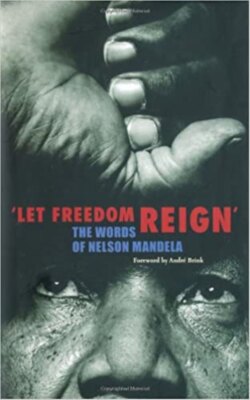Читать книгу Let Freedom Reign - Henry Russell - Страница 9
На сайте Литреса книга снята с продажи.
Chapter 1 Political Awakening
(1948–61)
ОглавлениеIn 1948, the National Party won the Europeans-only general election and immediately introduced a massive legislative programme that consolidated white supremacy through apartheid (Afrikaans: ‘apartness’). Racial segregation was already well-established in South Africa, but the National Party now codified and enshrined it with draconian laws. The Population Registration Act of 1950 classified all South Africans as Bantu (all black Africans), Coloured (those of mixed race), or White. A fourth category – Asian (Indian and Pakistani) – was later added.
The Group Areas Act in the same year established residential and business sections in urban areas for each race, and members of other races were barred from living, operating businesses, or owning land in them. Thus, 80 percent of the land was given over to the whites, who comprised only 20 percent of the population. Mixed marriages were forbidden, along with any sexual relations between the races. Public facilities were segregated and non-whites were denied direct governmental representation.
Meanwhile, Mandela grew in stature as a political leader. Public speaking did not come easily to him, and the temperate nature of his mature oratory was only gradually achieved. As he later admitted, ‘I was something of a rabble-rousing speaker. I liked to incite an audience’. One day, at a rally in Freedom Square, Johannesburg, he overstepped the mark, saying that the time for passive resistance had ended, that non-violence was a useless strategy and could never overturn a white minority regime bent on retaining its power at any cost. He added: ‘At the end of the day… violence was the only weapon that would destroy apartheid and we must be prepared, in the near future, to use that weapon…’.
He may have been right, but he had spoken too soon. He was reprimanded by the National Executive of the ANC. From that moment until his acquittal at the end of the treason trial, Mandela moderated his language as his politics became more extreme. His rhetoric becomes circumlocutory. The questions ‘How are we going to react?’ (p. 24) and ‘Can the oppressed people count on the Liberal Party as an ally?’ (p. 29) remain unanswered but those who could read the political runes saw that Mandela was referring to a very particular kind of action that most people dared not name.
